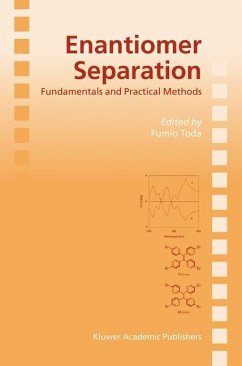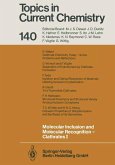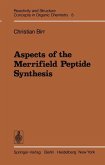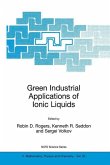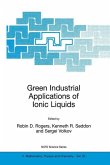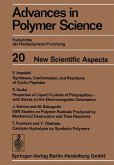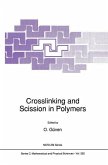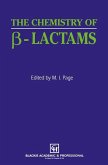In spite of important advances in asymmetric synthesis, chiral compounds cannot all be obtained in a pure state by asymmetric synthesis. As a result, enantiomer separation remains an important technique for obtaining optically active materials. Although asymmetric synthesis is a once-only procedure, an enantiomer separation process can be repeated until the optically pure sample is obtained. This book discusses several new enantiomer separation methods using modern techniques developed by experts in the field. These methods consist mainly of the following three types: 1) Enantiomer separation by inclusion complexation with a chiral host compound 2) Enantiomer separation using biological methods 3) Enantiomer separation by HPLC chromatography using a column containing a chiral stationary phase. Separation of a racemic compound has been called "optical resolution" or simply "resolution". Nowadays, the descriptions "enantiomer resolution" or "enantiomer separation" are also commonlyused. Accordingly, "Enantiomer Separation" is used in the title of this book. The editor and all chapter contributors hope that this book is helpful for scientists and engineers working in this field.
From the reviews: "This is an authoritative account of ... the methods applicable to the large-scale separation of enantiomers, edited by a leading authority on inclusion complexation using crystalline chiral host molecules ... . the basic science of enantiomer separation is well documented. The text is clearly printed ... . this book does provide accurate and detailed information on recently emerging techniques, and should be very useful to development chemists and scale-up scientists requiring access to single enantiomers on the multi-gram scale." (D. R. Taylor, Chromatographia, Vol. 63 (5-6), 2006) "This book covers enantiomer separation, with an emphasis on separation by chiral inclusion complexes and crystallization, biological methods ... as well as preparative liquid and gas chromatographic methods. ... this book succeeds in covering the practical methods for separating enantiomers on a preparative scale. ... it can be recommended as a resource for those working in the field of enantiomer separation, especially enzymatic resolutions, the practical aspects of crystallization, and preparative scale chromatography techniques." (Thomas K. Green, Journal of the American Chemical society, Vol. 128 (5), 2006)

